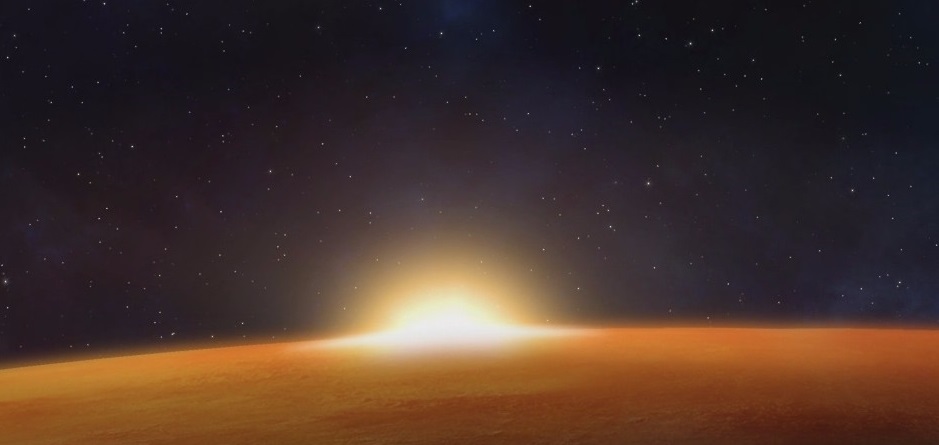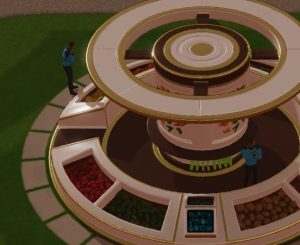A Far Flung Home

Colonizing space has to be about people. It is, at its heart, about the idea of home. Regardless of the motivation, seeking shelter, seeking conquest, seeking capital, there’s an inescapable personal aspect of it. The ability to see ourselves in the stars, and write our names there.
Surviving Mars sidesteps this in a fashion that tell a story of a bleak and dangerous future.
Mars Waiting
Imagine a Mars populated entirely by remote controlled robots. It’s not too hard. You can see one with the naked eye if you squint hard enough. But here, drones and rovers extract resources, manage distribution, and create dozens of silent systems, heralds for the arrival of humankind. Oxygen generators to pull air from the thin atmosphere, water extractors to process deposits, and solar panels to keep the lights on. Research and refinements are ongoing, and drones make those adjustments on the fly. The settlement area is scanned for useful and valuable resources. Everything feeds into the dome.
 The Dome
The Dome
The dome waits, empty apartments and vacant clinics, for people to arrive. But when they do, they’re cogs. Capable of running more sophisticated machines and generating more research, they’re little more than the population of the ant farm. They have traits, but no connection, not with Earth and not with each other. They live, work, and shop. The premiere sources of comfort and sanity being diners, electronics stores, and casinos, because it’s desperately important to the mission that one of the Founders flip burgers for a living.
Surviving Mars reimagines the company store. Its Founders little more than miners, pieces in a machine that generates resources to accommodate more miners; comfort, health, and sanity budgeted to acceptable parameters. Involving humans drains the humanity from the process as they filter from place to place like bacteria with a destination.
The Squeaky Wheel
Children happen. They aren’t born in the colony, they merely have occurred. They manifest with no parents, bearing Martian names like Euphoria Rocket, and live in the nursery until old enough to work and occupy an apartment. There’s no sense of relationship or community. Your cogs randomly produce other larval cogs. It’s important to have the right amount of cogs. Too many or too few and the cogs become bogged down. Work becomes challenging to continue, and work is all there is.
The picture that Surviving Mars paints is bleak. People valued for specialties and reproductive capacity, a Mars that begins and ends with commerce and the acquisition of further specialization. A game not just of colonization, but optimization. It’s a future that doesn’t tell our stories. One that doesn’t see people for who we are.
It is a future we could have, if we’re not careful.




